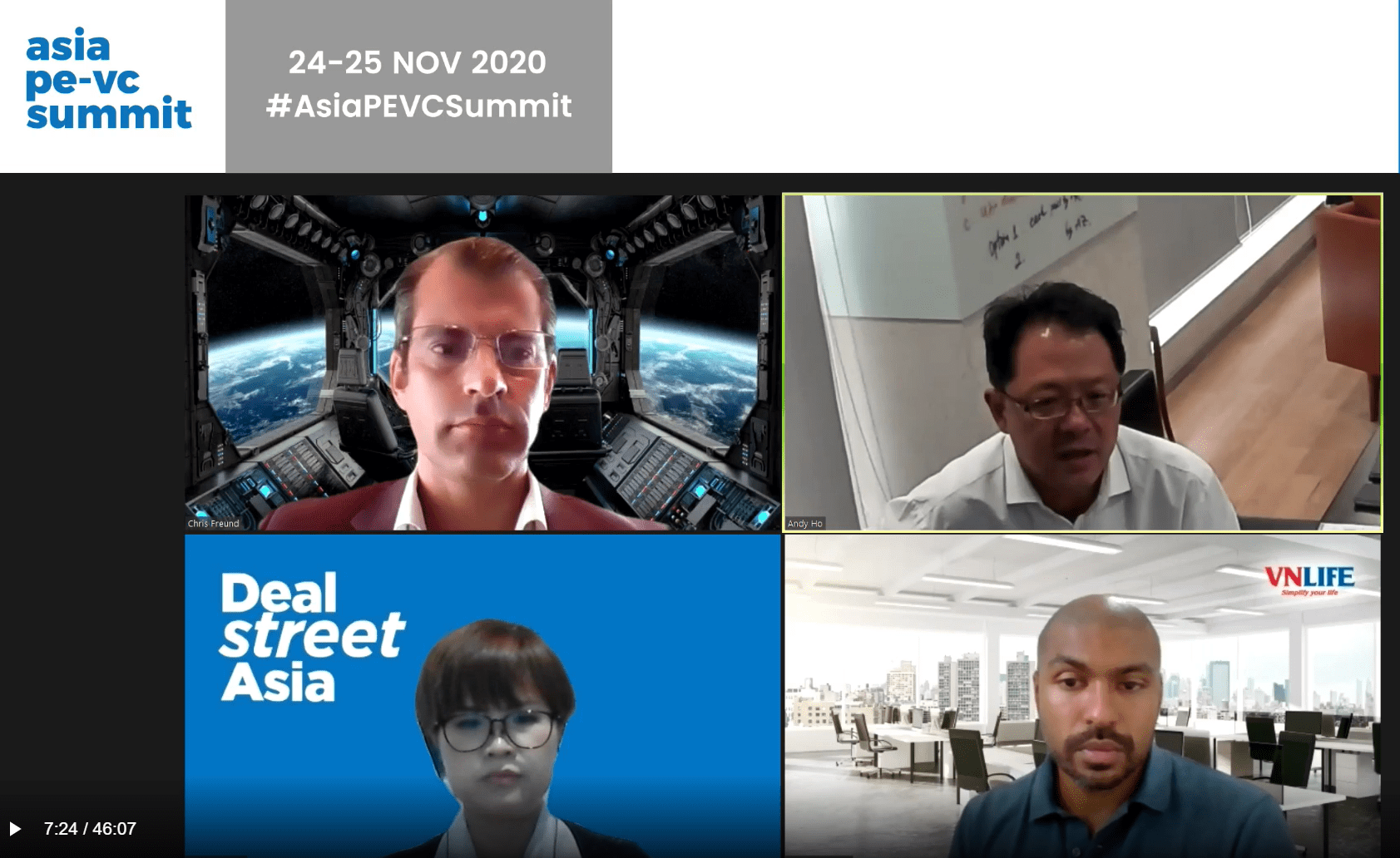Vietnam, among the most resilient countries in Southeast Asia to report domestic economic activity resuming to the pre-pandemic level, is expected to see investment flows bouncing back as well as the market represents solid opportunities at a fair valuation, according to top private equity leaders speaking at the Asia PE-VC Summit 2020.
Start your deal-making journey now!
Subscribe now to enjoy unlimited access at just $59.
Premium coverage on private equity, venture capital, and startups in Asia.
Exclusive scoops from our reporters in nine key markets.
In-depth interviews with industry leaders shaping the ecosystem.
Already a Subscriber? Log in
Contact us for corporate subscriptions at subs@dealstreetasia.com



